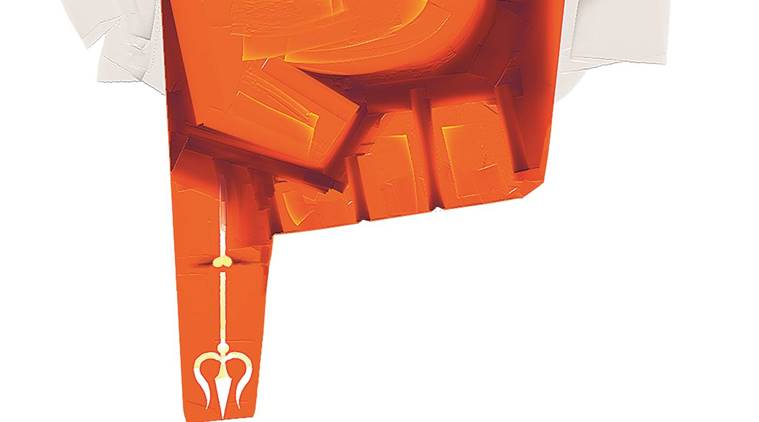A seven-judge bench of Supreme Court headed by Chief Justice TS Thakur gave its decision on the on the ‘Hindutva verdict’ on Tuesday. The matter is concerning the electoral malpractices arising out its 1995 judgment, popularly known as the “Hindutva verdict and ruled that it will not examine the issue of religion at this stage.
“We will not go into the larger debate as to what is Hindutva or what is its meaning. We will not re-consider the 1995 judgment and also not examine Hindutva or religion at this stage” the bench said and clarified that the Supreme Court is presently only examining what constitutes corrupt electoral practice under Section 123 (3) of The Representation of the People Act, 1951.
The Bench is hearing arguments over the fact that if it amounts to a corrupt electoral practice if a candidate ropes in the services of religious leaders to use their mass appeal to swing votes in his favour.
“At this stage, we will confine ourselves to the issue raised before us in the reference. In the reference, there is no mention of the word ‘Hindutva’. If anybody will show that there is a reference to the word ‘Hindutva’, we will hear him. We will not go into Hindutva at this stage,” the bench, which also comprised Justices MB Lokur, SA Bobde, AK Goel, UU Lalit, DY Chandrachud and L Nageshwar Rao, said.
The remarks were made by the bench after, some advocates sought to intervene in the ongoing hearing which commenced last Tuesday.
Last week, social activist Teesta Setalvad had sought to intervene in the matter with an application stating that religion and politics should not be mixed and a direction be passed to de-link religion from politics.
After making the remarks, the bench resumed the hearing with senior advocate Shyam Divan continuing with his submissions.
Setalvad, the anti-Godhra activist’s plea was to check the “devastating consequences” of its 1995 judgment defining Hindutva or Hinduism as a “way of life” and nothing to do with “narrow fundamentalist Hindu religious bigotry”.
In 1995, Justice Verma had said that, “no precise meaning can be ascribed to the terms `Hindu’, `Hindutva’ and `Hinduism’; and no meaning in the abstract can confine it to the narrow limits of religion alone, excluding the content of Indian culture and heritage”.
Classifying Hindutva as a way of life of the people in the sub- continent, he dismissed the idea of equating the abstract terms Hindutva or Hinduism with the “narrow fundamentalist Hindu religious bigotry”.
















